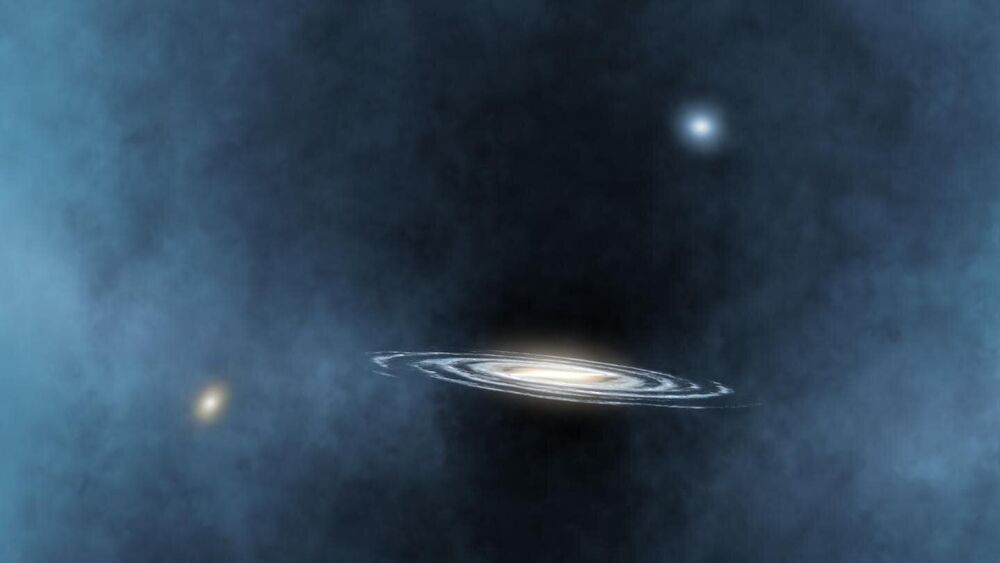At the heart of almost every sufficiently massive galaxy there is a black hole whose gravitational field, although very intense, affects only a small region around the center of the galaxy. Even though these objects are thousands of millions of times smaller than their host galaxies, our current view is that the Universe can be understood only if the evolution of galaxies is regulated by the activity of these black holes, because without them the observed properties of the galaxies cannot be explained.
Theoretical predictions suggest that as these black holes grow they generate sufficient energy to heat up and drive out the gas within galaxies to great distances. Observing and describing the mechanism by which this energy interacts with galaxies and modifies their evolution is therefore a basic question in present day Astrophysics.
With this aim in mind, a study led by Ignacio Martín Navarro, a researcher at the Instituto de Astrofísica de Canarias (IAC), has gone a step further and has tried to see whether the matter and energy emitted from around these black holes can alter the evolution, not only of the host galaxy, but also of the satellite galaxies around it, at even greater distances. To do this, the team has used the Sloan Digital Sky Survey, which allowed them to analyze the properties of the galaxies in thousands of groups and clusters. The conclusions of this study, started during Navarro’s stay at the Max Planck Institute for Astrophysics, are published today in Nature magazine.
